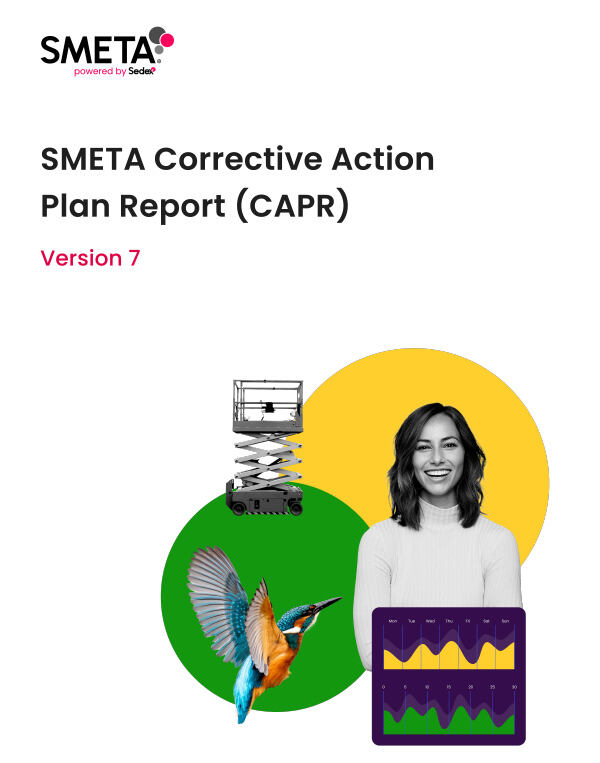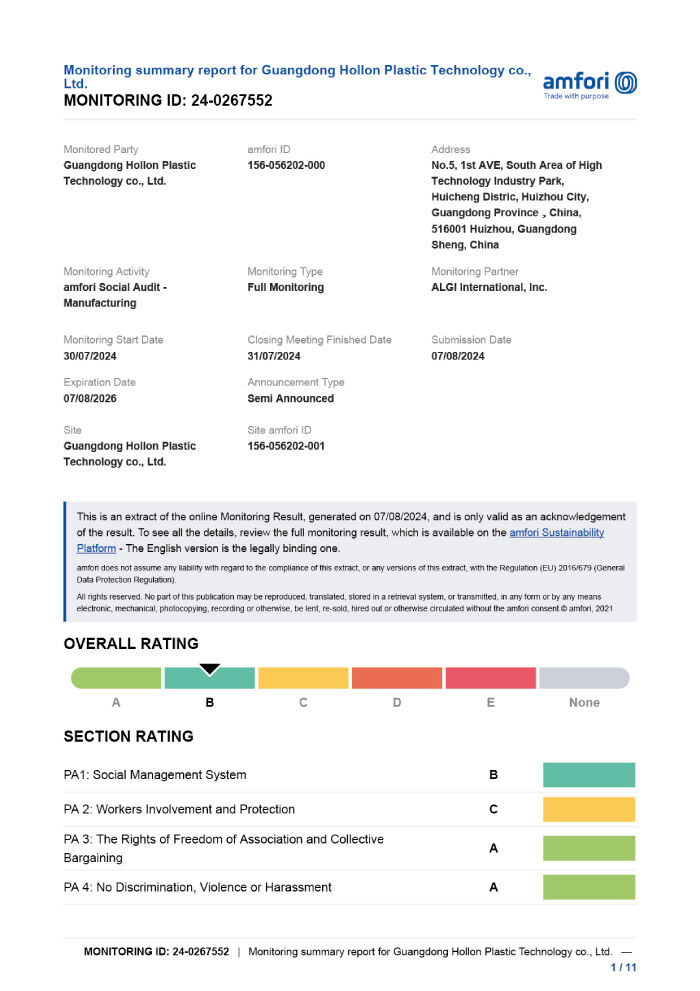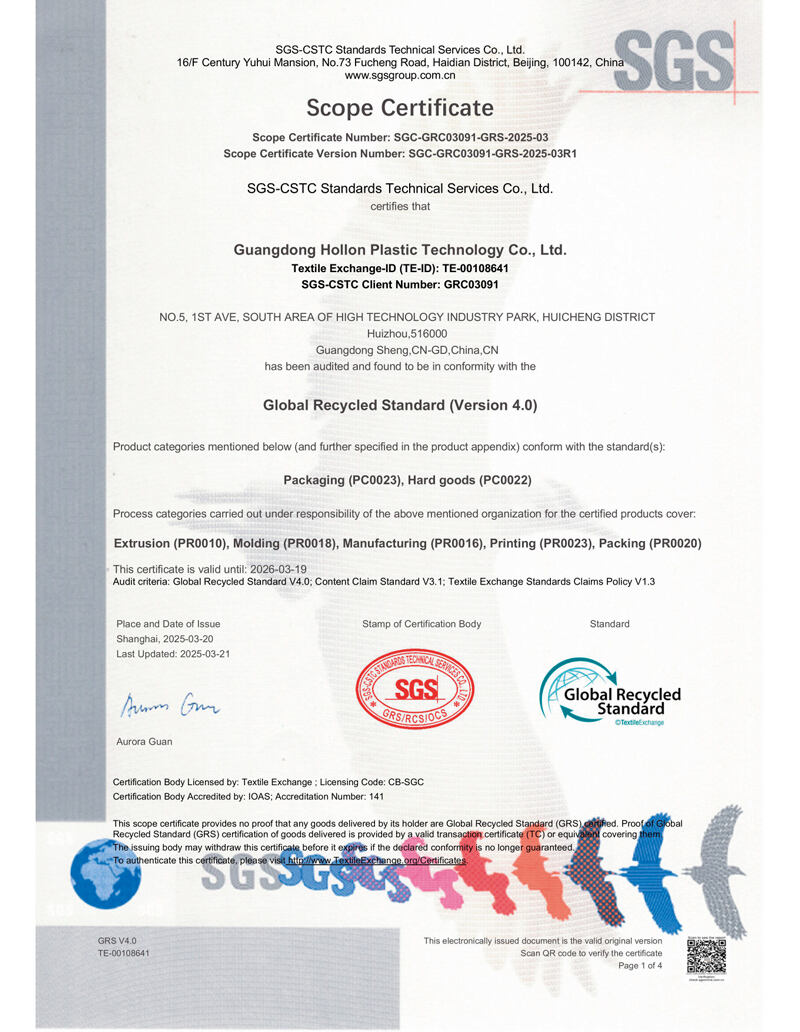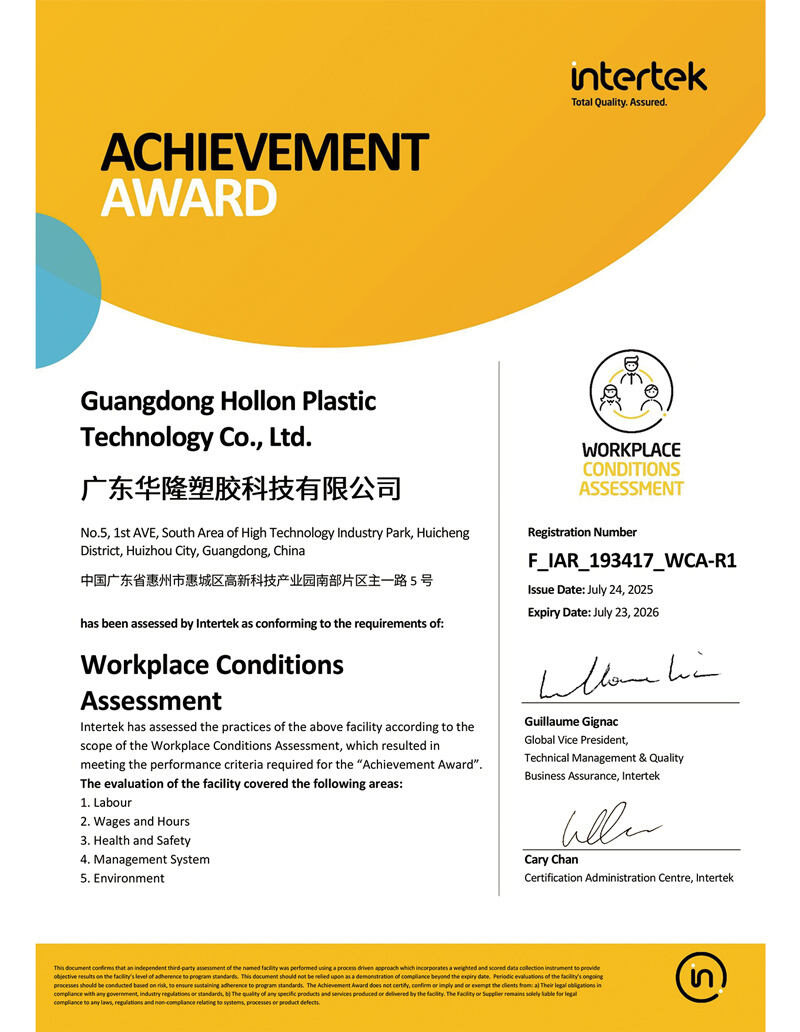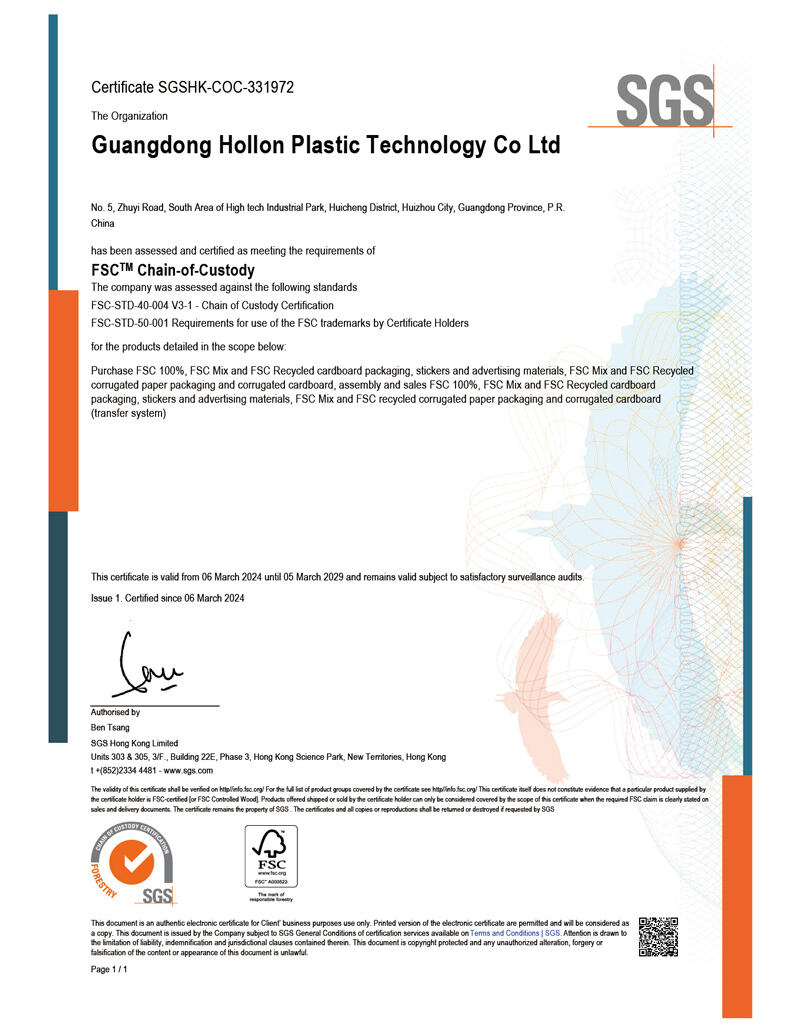
The authority of ISO 9001 certification comes from the following aspects
The Authority of ISO 9001 Certification
The credibility of ISO 9001 certification is derived from the following key aspects:
International Recognition
ISO 9001 is globally acknowledged as the benchmark for quality management systems (QMS).
Consensus-Based Development
The standard is developed through a rigorous, consensus-driven process involving experts from multiple industries and countries.
Wide Acceptance
ISO 9001 certification is universally recognized and trusted by businesses, governments, and customers worldwide.
Independent Auditing
Certification is granted only after thorough audits conducted by accredited, independent third-party bodies.
Commitment to Continuous Improvement
The standard mandates ongoing refinement of quality management practices, ensuring long-term excellence.
In summary, the authority of ISO 9001 certification is rooted in its global recognition, inclusive development process, universal acceptance, impartial auditing, and emphasis on continual improvement.
